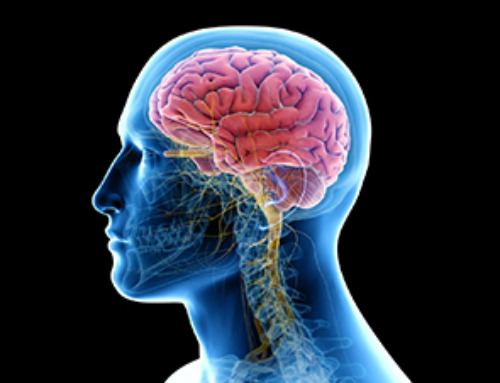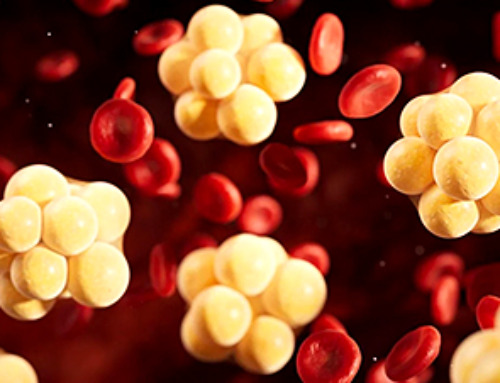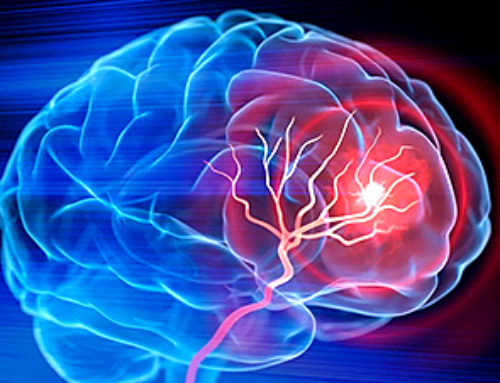A new report calls for global action on plastic pollution, urging reductions in plastic production and microplastic emissions. Researchers stress the importance of addressing plastic pollution through both scientific and social science perspectives.
A new report states that science has provided ample evidence to support a unified global strategy to address the ongoing issue of plastic pollution.
Writing in the journal Science, an international group of experts says the need for worldwide action to tackle all forms of plastic and microplastic debris has never been more pressing.
It is clear that existing national legislation alone is insufficient to address the challenge, they say, and the United Nations' Plastic Pollution Treaty – which will undergo its fifth round of deliberations in November 2024 – presents a "tangible opportunity" for joined-up international action.
The Need for Reducing Plastic Production
However, for such a treaty to be truly effective it needs to commit to an overall reduction in plastic production alongside measures to reduce the emission and release of microplastic particles along the entire plastic life cycle. Failing to do so, the researchers add, could bring "a high risk of irreversible environmental damage".
The article was written to mark the 20th anniversary of the first-ever study, also published in the journal Science, to coin the term microplastics to describe the microscopic fragments of plastics in our ocean.
Both studies were led by Professor Richard Thompson OBE FRS, Head of the International Marine Litter Research Unit at the University of Plymouth, and a co-coordinator of the Scientists Coalition for an Effective Plastics Treaty.
It was co-authored by experts in marine biology, sustainability, environmental psychology, global plastics policy, and risk assessment, from the University of Plymouth, University of Bangor (UK); EA – Earth Action (Switzerland); University of Vienna (Austria); University of Wollongong (Australia); and Wageningen University (Netherlands).
Professor Thompson said: "After 20 years of research there is clear evidence of harmful effects from microplastic pollution on a global scale. That includes physical harm to wildlife, harm to societies and cultures, and a growing evidence base of harm to humans. Added to that is the fact that microplastics are persistent contaminants, and once in the environment, they are virtually impossible to remove. There are still unknowns, but during the 20 years since our first study the amount of plastic in our oceans has increased by around 50%, only further emphasizing the pressing need for action."
A Growing Body of Evidence and Global Impact
Since the publication of the first study in 2004, an estimated 7,000 research studies have been conducted on microplastics, providing considerable evidence in their sources and impacts as well as potential solutions.
Microplastics have been found on every corner of the planet, in more than 1,300 aquatic and terrestrial species, in the food and drink we consume, and in multiple tissues and organs of the human body.
With emissions of microplastics to the environment estimated to be up to 40 megatonnes per year, a number that could double by 2040, predictions indicate the potential for widescale environmental harm moving into the next century.
Professor Sabine Pahl, Professor of Urban and Environmental Psychology at the University of Vienna and Honorary Professor at the University of Plymouth, added: "Plastic pollution is completely caused by human actions. That's why we need research on perceptions of risks and benefits of plastic as well as other drivers of policy support and change, integrating a social science perspective."
Reference: "Twenty years of microplastics pollution research—what have we learned?" by Richard C. Thompson, Winnie Courtene-Jones, Julien Boucher, Sabine Pahl, Karen Raubenheimer and Albert A. Koelmans, 19 September 2024, Science.
DOI: 10.1126/science.adl2746
News
Scientists Discover a New “Cleanup Hub” Inside the Human Brain
A newly identified lymphatic drainage pathway along the middle meningeal artery reveals how the human brain clears waste. How does the brain clear away waste? This task is handled by the brain’s lymphatic drainage [...]
New Drug Slashes Dangerous Blood Fats by Nearly 40% in First Human Trial
Scientists have found a way to fine-tune a central fat-control pathway in the liver, reducing harmful blood triglycerides while preserving beneficial cholesterol functions. When we eat, the body turns surplus calories into molecules called [...]
A Simple Brain Scan May Help Restore Movement After Paralysis
A brain cap and smart algorithms may one day help paralyzed patients turn thought into movement—no surgery required. People with spinal cord injuries often experience partial or complete loss of movement in their arms [...]
Plant Discovery Could Transform How Medicines Are Made
Scientists have uncovered an unexpected way plants make powerful chemicals, revealing hidden biological connections that could transform how medicines are discovered and produced. Plants produce protective chemicals called alkaloids as part of their natural [...]
Scientists Develop IV Therapy That Repairs the Brain After Stroke
New nanomaterial passes the blood-brain barrier to reduce damaging inflammation after the most common form of stroke. When someone experiences a stroke, doctors must quickly restore blood flow to the brain to prevent death. [...]
Analyzing Darwin’s specimens without opening 200-year-old jars
Scientists have successfully analyzed Charles Darwin's original specimens from his HMS Beagle voyage (1831 to 1836) to the Galapagos Islands. Remarkably, the specimens have been analyzed without opening their 200-year-old preservation jars. Examining 46 [...]
Scientists discover natural ‘brake’ that could stop harmful inflammation
Researchers at University College London (UCL) have uncovered a key mechanism that helps the body switch off inflammation—a breakthrough that could lead to new treatments for chronic diseases affecting millions worldwide. Inflammation is the [...]
A Forgotten Molecule Could Revive Failing Antifungal Drugs and Save Millions of Lives
Scientists have uncovered a way to make existing antifungal drugs work again against deadly, drug-resistant fungi. Fungal infections claim millions of lives worldwide each year, and current medical treatments are failing to keep pace. [...]
Scientists Trap Thyme’s Healing Power in Tiny Capsules
A new micro-encapsulation breakthrough could turn thyme’s powerful health benefits into safer, smarter nanodoses. Thyme extract is often praised for its wide range of health benefits, giving it a reputation as a natural medicinal [...]
Scientists Develop Spray-On Powder That Instantly Seals Life-Threatening Wounds
KAIST scientists have created a fast-acting, stable powder hemostat that stops bleeding in one second and could significantly improve survival in combat and emergency medicine. Severe blood loss remains the primary cause of death from [...]
Oceans Are Struggling To Absorb Carbon As Microplastics Flood Their Waters
New research points to an unexpected way plastic pollution may be influencing Earth’s climate system. A recent study suggests that microscopic plastic pollution is reducing the ocean’s capacity to take in carbon dioxide, a [...]
Molecular Manufacturing: The Future of Nanomedicine – New book from Frank Boehm
This book explores the revolutionary potential of atomically precise manufacturing technologies to transform global healthcare, as well as practically every other sector across society. This forward-thinking volume examines how envisaged Factory@Home systems might enable the cost-effective [...]
New Book! NanoMedical Brain/Cloud Interface – Explorations and Implications
New book from Frank Boehm, NanoappsMedical Inc Founder: This book explores the future hypothetical possibility that the cerebral cortex of the human brain might be seamlessly, safely, and securely connected with the Cloud via [...]
Global Health Care Equivalency in the Age of Nanotechnology, Nanomedicine and Artificial Intelligence
A new book by Frank Boehm, NanoappsMedical Inc. Founder. This groundbreaking volume explores the vision of a Global Health Care Equivalency (GHCE) system powered by artificial intelligence and quantum computing technologies, operating on secure [...]
Miller School Researchers Pioneer Nanovanilloid-Based Brain Cooling for Traumatic Injury
A multidisciplinary team at the University of Miami Miller School of Medicine has developed a breakthrough nanodrug platform that may prove beneficial for rapid, targeted therapeutic hypothermia after traumatic brain injury (TBI). Their work, published in ACS [...]
COVID-19 still claims more than 100,000 US lives each year
Centers for Disease Control and Prevention researchers report national estimates of 43.6 million COVID-19-associated illnesses and 101,300 deaths in the US during October 2022 to September 2023, plus 33.0 million illnesses and 100,800 deaths [...]





















